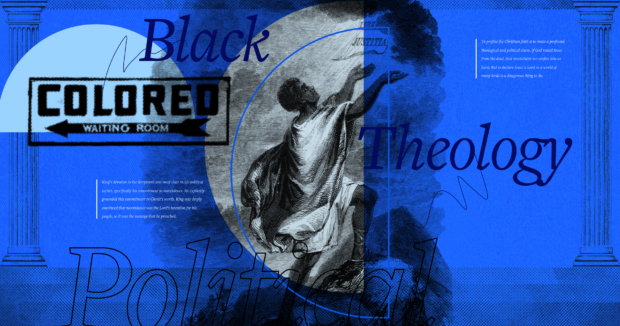To profess the Christian religion is to make a profound theological and political declare. If God raised Jesus from the lifeless, that necessitates we confess him as Lord. However to declare Jesus is Lord in a world of many lords is a harmful factor to do.
Over the course of Christian historical past, Christians have defined the connection between the perfect earthly political order and the kingdom of God in numerous methods, giving us what many name political theology. One of many contributions to this undertaking that emerges from a uniquely American context is Black theology: the theological emphases and traditions originating in enslaved communities and growing all through American historical past in response to white supremacy’s political domination and financial exploitation.
Within the face of racist oppression, Black Christians have regarded to the Scripture to border, not solely strategies of political survival, but in addition strategies of political resistance.
A contextualized theology: race, faith & resistance
To invoke Black theology is to invoke political theology. As James Cone started his basic, A Black Theology of Liberation, “Christian theology is a theology of liberation.” By this, Cone summarized a framing of Christian theology that’s particularly native to Christianity in Black American communities: an understanding that Christ’s main goal was and is to set us free, each spiritually and materially.
What this implies, then, is that, notably for Black Christian communities, the Christian religion has at all times been political. It has at all times been involved with issues of energy, assets, justice, and communities.
The Christian religion has at all times been political.
With the intention to correctly perceive these commitments of Black political theology, nevertheless, we have now to know the context of that theology: Black political thought.
Blackness as political actuality
To invoke Blackness is to invoke a political actuality. Europeans created the class of race, notably the ideas of “Blackness” and “whiteness,” to justify the continued enslavement of Africans. Race shouldn’t be an ontological actuality, however it’s a political one fashioned for the aim of political domination and financial exploitation. As W. E. B. Du Bois stated in his autobiography, “the black man is an individual who should experience ‘Jim Crow’ in Georgia,” indicating that Blackness is at first a political class, a class imposed to implement a social place.
As such, Blackness requires a sociopolitical response: How will folks collect themselves with a purpose to survive and thrive in such a world?
Black theology as liberation theology
What’s true of Black political thought, then, can be true of Black theology. As political theorist Michael Dawson argues, “the core ideas … have developed out of the experiences of slavery and the compelled separation of the races throughout the interval of retrenchment that adopted the post-Civil Battle Reconstruction interval.” For Black Christians, this historical past birthed explicit political and theological foci.
Most instantly, Black Christians struggling underneath the regime of racialized chattel slavery clearly noticed themselves within the Scriptures: the folks of Israel declared to be a folks following their liberation from Egypt. Whereas slavers insisted on hiding the liberative parts of the Scriptures from the enslaved, in some circumstances by even aggressively abridging the text, Black women and men noticed the God of the Scriptures and have been comforted by the truth that God was a God of liberation. The identical God who set the Hebrew slaves free from Egyptian oppression and who set humanity free in Christ would set them free from white enslavers. In reality, to consider any much less could be to disclaim the Scriptures themselves.
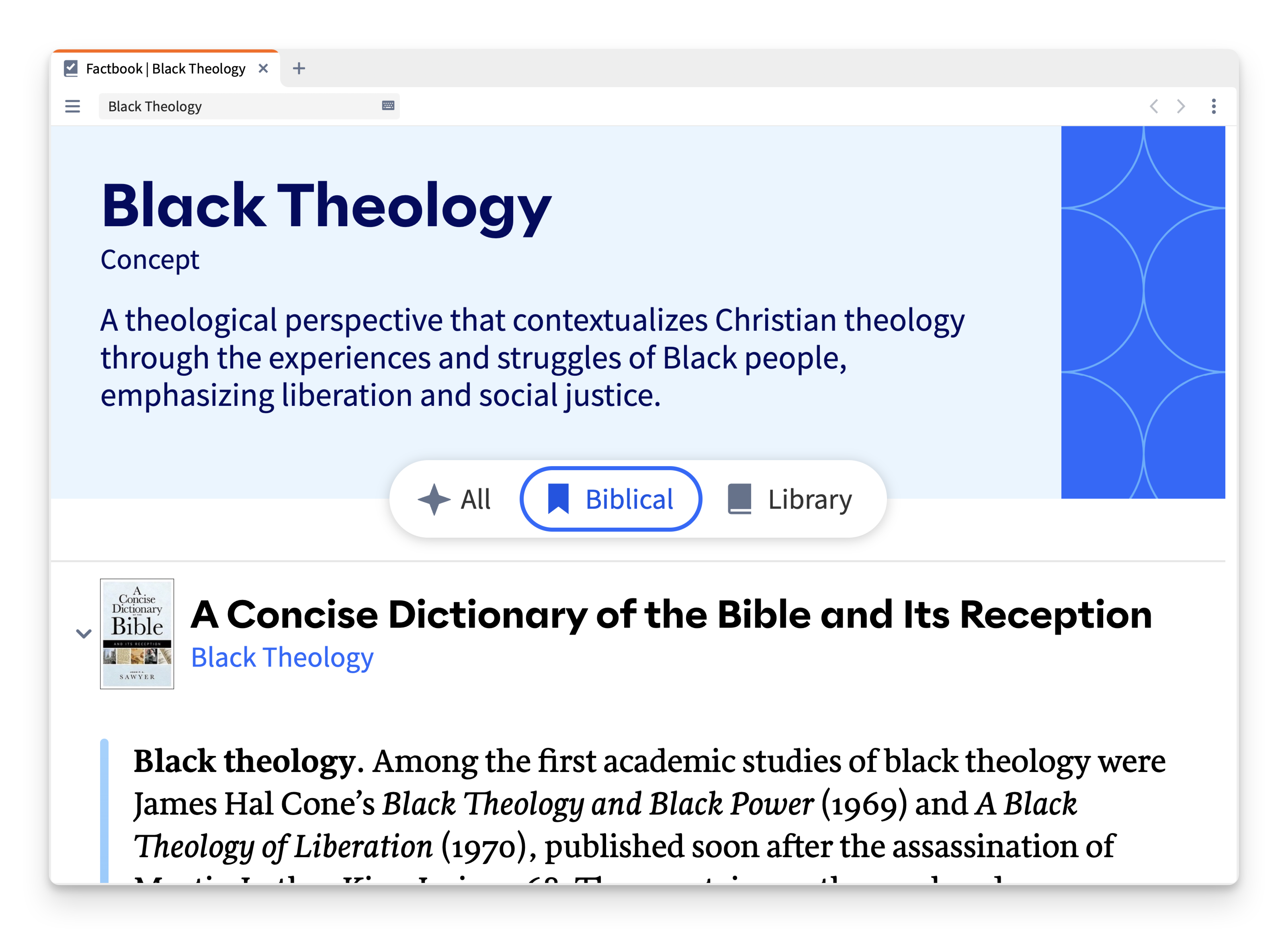

Discover Black Theology utilizing Logos’s Factbook.
3 portraits of Black political theology
Maybe the easiest way to see that is to deal with three exemplary people:
- The influential free Black abolitionist David Walker
- The fearless antilynching activist Ida B. Wells-Barnett
- The Baptist preacher and civil rights advocate Martin Luther King Jr.
These three, working in three totally different eras of American historical past, battled explicit racist evils. They did so, not solely as vital political thinkers, but in addition as Christians, marshaling the assets of Scripture to justify and strengthen their claims.
The abolitionist: David Walker
As a result of he solely wrote one textual content, we usually fail to think about David Walker a big political theorist, a lot much less political theologian. Nonetheless, his An Attraction to the Colored Residents of the World is likely one of the most vital political paperwork of the nineteenth century. As a strident advocate for the liberty of Black folks and as a Christian, he wrote his Attraction with a purpose to make highly effective political and theological arguments for abolition.
The guide’s ultimate, third version got here in 1830. When Walker wrote it, a lot of the abolitionist motion at the moment was gradualist, arguing that advocating for the rapid eradication of racialized chattel slavery could be an excessive amount of of a burden. After Walker’s Attraction, nevertheless, that sentiment shifted. Walker’s visceral, persuasive, and deeply Christian enchantment to the consciences of white folks and the intelligence and sensibilities of each enslaved and free Black folks made clear that slavery was an evil that wanted to be achieved away with by any means needed.
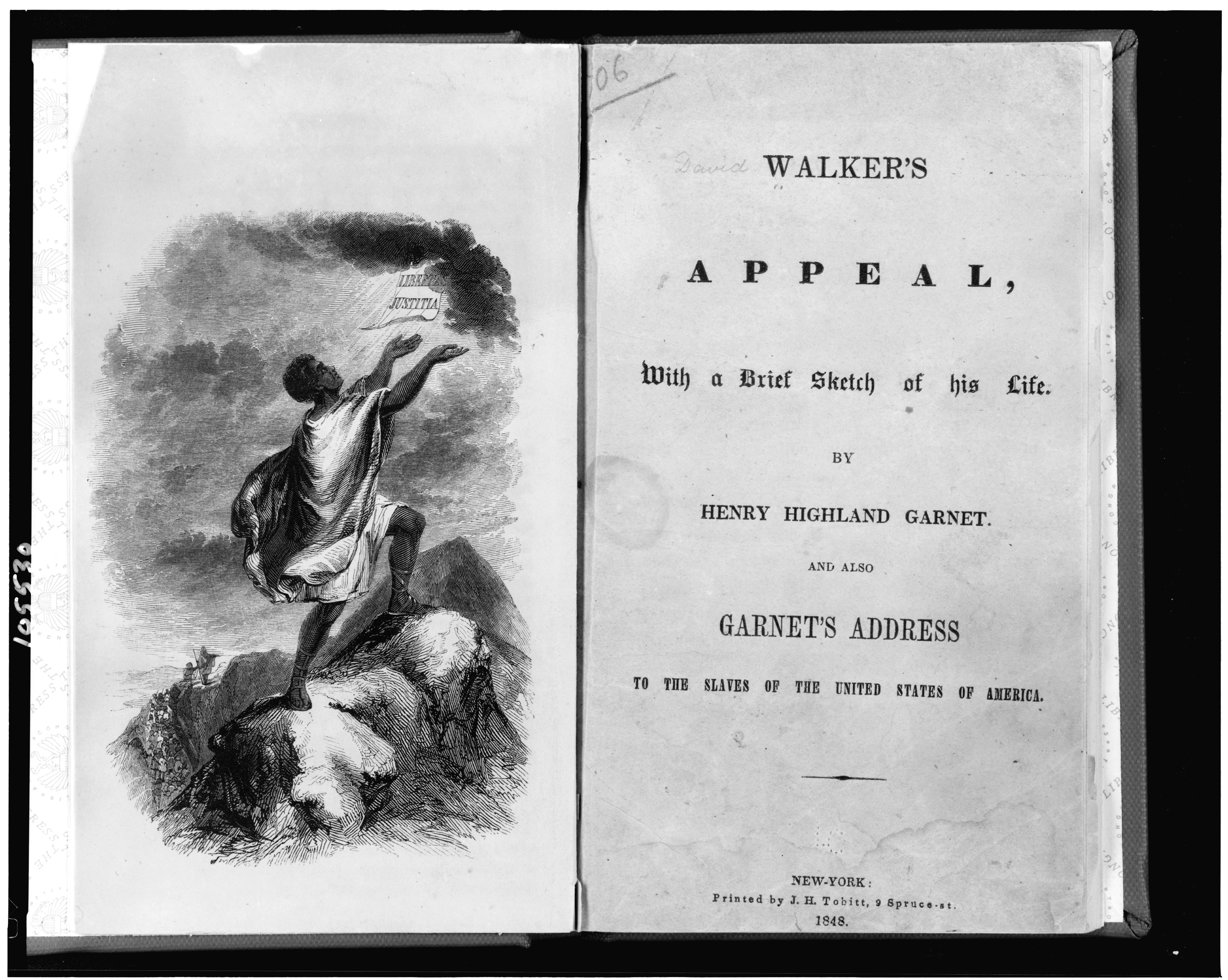

And whereas political, we additionally should not neglect that it is usually an inextricably Christian doc. Walker not solely enters the dialog with a stable understanding of what freedom is, but in addition with an understanding of what it means to be a Christian.
The Scriptures saturate Walker’s textual content, however not by proof texts. As a substitute, Walker weaves the language of the Bible into the textual content such that if the reader didn’t know the Bible they wouldn’t discover the references. That is maintaining with the ways in which the enslaved would usually study the Scriptures. Usually forbidden to learn and write, the enslaved would study Scripture by reminiscence. Realizing this, Walker soaked his Attraction in Scripture, whether or not it was Jesus’s phrases within the Gospels or the apocalyptic language of Revelation.
The latter set the tone of his critique. The evil perpetuated by white enslavers, particularly those that claimed to be Christian, was one which was worthy of divine judgment—and that divine judgment was certain to come back. In a single passage, Walker echoed Paul’s narration of judgment in Romans 1, saying, “The People, having launched slavery amongst them, their hearts have turn into virtually seared, as with a sizzling iron, and God has practically given them as much as consider a lie rather than the reality.” Walker’s slight tweak of Romans 1:24–25, by inserting the phrase “practically” communicated a fierce theological and political level: White Christians had an opportunity to repent, however the window was closing earlier than they might in any other case face the Lord’s wrath for the evils of chattel slavery.
The Attraction is worthy of being learn in its entirety. In it the reader will discover a textual content that’s the results of a Black man raised within the Christian Scriptures, making use of them with clear eyes as he appears out on the American panorama. For Walker, as for a lot of Black American Christians, this manifested itself in articulating an anti-oppression religion.
The activist: Ida B. Wells-Barnett
Ida B. Wells is the one most necessary particular person within the historical past of the anti-lynching motion. From the late nineteenth century to the early twentieth century, mobs brutally killed 1000’s of Black males, girls, and youngsters in circumstances usually rife with racial, sexual, and gendered falsehoods. Over many years, Wells, by her editorial and talking profession, undermined the false narratives that stoked the flames of those lynchings. By means of her investigations, she publicized probably the most public and brutal instantiation of white supremacy in American historical past.
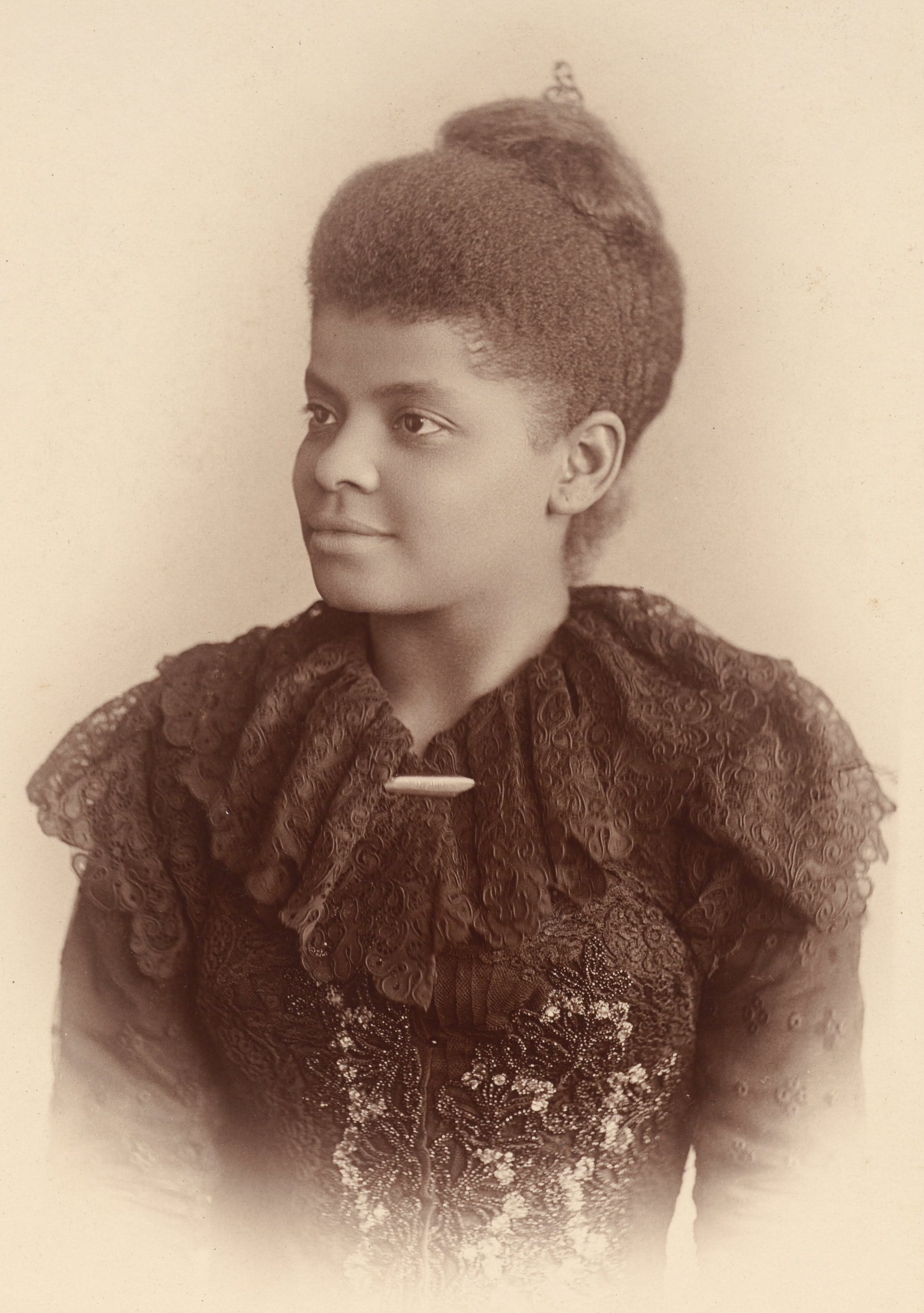

Integral to her work was her understanding of what constituted true Christianity. As she investigated the communities by which lynchings happened, one of many fixed questions she would publicly ask was how so-called Christians might do such issues. In 1899, when Wells mirrored on the brutal lynching of Sam Hose, by which a mob lower off his ears and fingers, castrated him, and burned him alive, she wrote: “No different nation on earth, civilized or savage, has put to loss of life any human being with such atrocious cruelty as that inflicted upon Samuel Hose by the Christian white folks of Georgia.” This and related declarations have been meant to shock a nation that claimed to be Christian into truly being obedient to Christ. Nonetheless that Christianity was conceived, it couldn’t embrace burning Black women and men alive.
Just like David Walker, Wells’s editorials didn’t use the Scriptures as a collection of proof texts. But they offered the muse for the ethic she assumed. She noticed, notably, Christ’s instructions within the Gospels as morals that truly certain the Christian, and thus was dismayed when white lynching communities revealed by their actions that they’d little regard for Christ. In a approach, her sentiment is emblematic of Black political theology at giant.
Wells internalized the Scriptures and mobilized them towards the oppression of the marginalized. In her period by which the oppressed have been the lynched, she expended her life to dismantle that violent regime.
The advocate: Martin Luther King Jr.
Maybe probably the most recognizable instance of Black political theology, nevertheless, is Rev. Dr. Martin Luther King Jr.
As a Baptist preacher and civil rights activist, Martin King made vital contributions each to American political thought and Black political theology. Probably the most vital parts of his legacy, in addition to popularizing an efficient technique of nonviolent civil resistance, was his analysis of the USA’s ills. As he instructed the employees of the Southern Christian Management Convention in 1967,
We should see now that the evils of racism, financial exploitation and militarism are all tied collectively. You’ll be able to’t actually eliminate one with out eliminating the others. The entire construction of American life should be modified. America is a hypocritical nation and we should put our personal home so as.
These triple evils have been the identical evils that Wells and Walker fought. It was greed that precipitated racialized chattel slavery. It was greed, racism, and violence that mixed to kind the lynching regime. And now these identical three evils fed Jim Crow. In reality, the naming of these three evils could also be one of the crucial vital contributions of Black political theology: an express naming of the powers and principalities that feed oppression and a dedication to advocacy on behalf of and in solidarity with the oppressed.
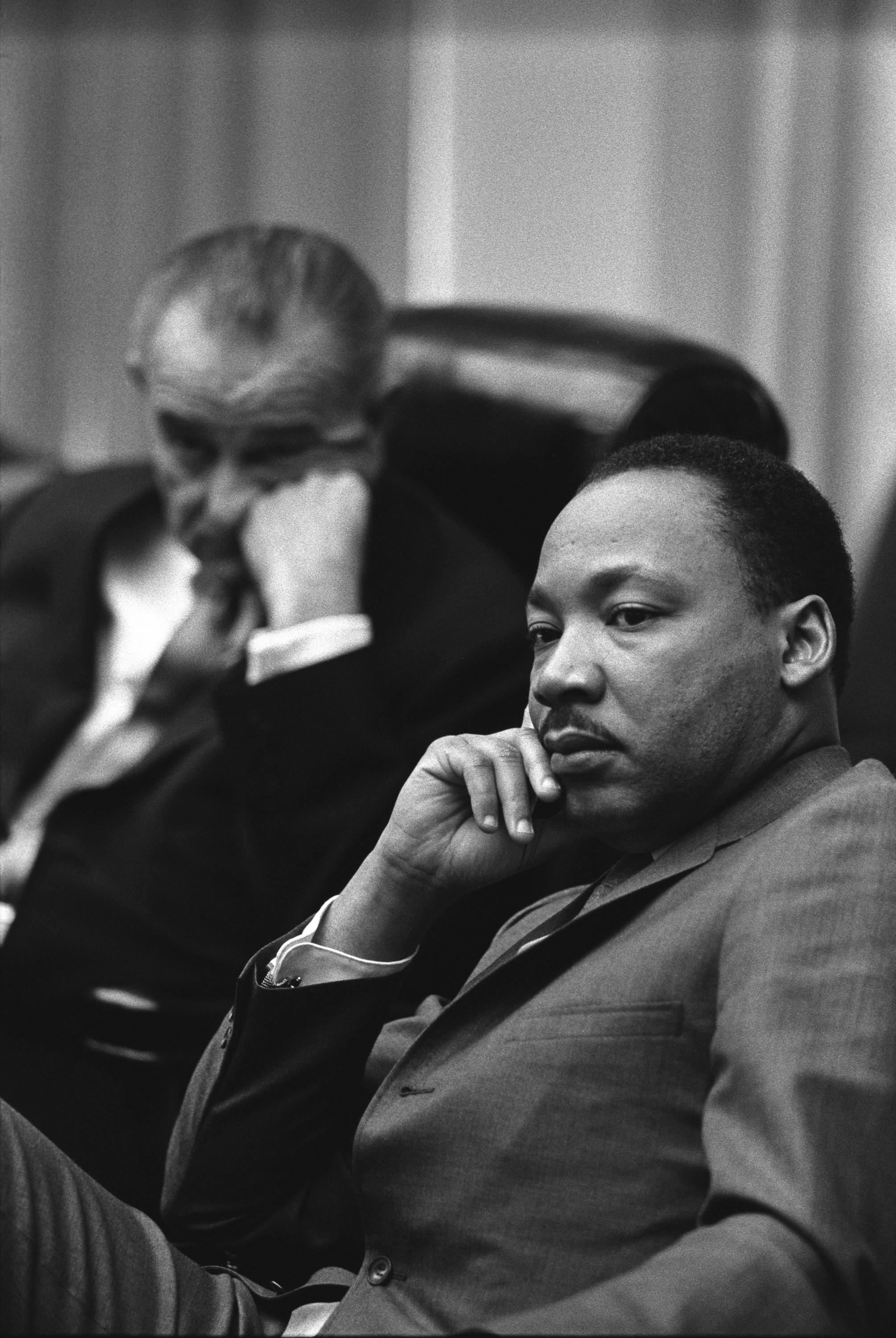

King’s devotion to the Scriptures was most clear in his political ways, particularly his dedication to nonviolence. He explicitly grounded this dedication in Christ’s phrases. King was deeply satisfied that nonviolence was the Lord’s intention for his folks, so it was the message that he preached.
However the distinctiveness of his strategy can’t be overstated. King argued that the perfect political strategy is to insist that no human being is an enemy, however somewhat a human being to be liked. He argued that even those that commit evil will not be the enemy: injustice is. He taught that suffering could actually be redemptive. None of those claims make sense other than the Christian Scriptures, notably the phrases of Jesus.
However like Wells and Walker, King internalized the Scriptures and mobilized them towards probably the most distinguished type of oppression that he noticed round him. For King’s period, that evil was Jim Crow, the regime of racist segregation and exploitation that reigned in American historical past for the century following the Civil Battle.
Black political theology in short
Though we might point out many others (e.g., Henry Highland Garnet, Jarena Lee, J. Deotis Roberts, James Cone, Fannie Lou Hamer), the three figures above function just some of the names within the pantheon of Black political theologians.
Attribute to Black political theology are two impulses, each led by Scripture:
- An affirmation of the humanity and dignity of Black folks
- A relentless resistance to all types of political and financial oppression
Black political theology is one which retains the Exodus earlier than its eyes, because the folks of Israel have been commanded (Deut 6:20–24). Simply because the Israelites have been to remind themselves and their kids of the Lord’s deliverance from Egypt, the land of slavery, the Black political theologian—particularly in an American context—can always remember the USA’s darkish historical past.
But that historical past doesn’t dictate the Black political theologian’s hope. That hope is present in a simply and loving God. It’s a hope present in a Christ whose mission was and is “to proclaim excellent news to the poor … to proclaim freedom for the prisoners and restoration of sight for the blind, [and] to set the oppressed free” (Luke 4:18 NIV).
Really helpful assets on Black theology and political thought
- Rev. Dr. Martin Luther King Jr., The place Do We Go from Right here: Chaos or Neighborhood?
- Malcolm X Speaks: Chosen Speeches and Statements
- Ida B. Wells, The Gentle of Reality: Writings of an Anti-Lynching Crusader
- David Walker, An Attraction to the Colored Residents of the World
- J. Deotis Roberts, A Black Political Theology (at the moment in manufacturing as a part of this Logos collection)
- James Cone, Black Theology and Black Energy
Associated articles
Source link
